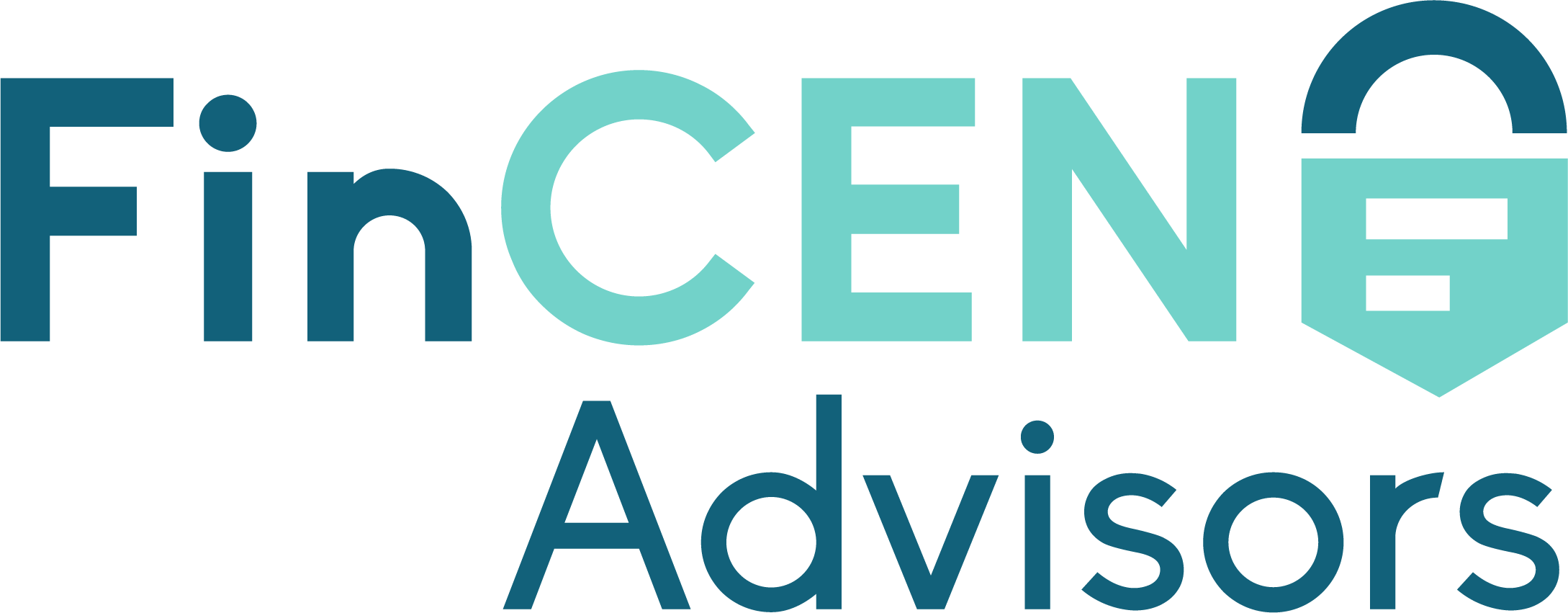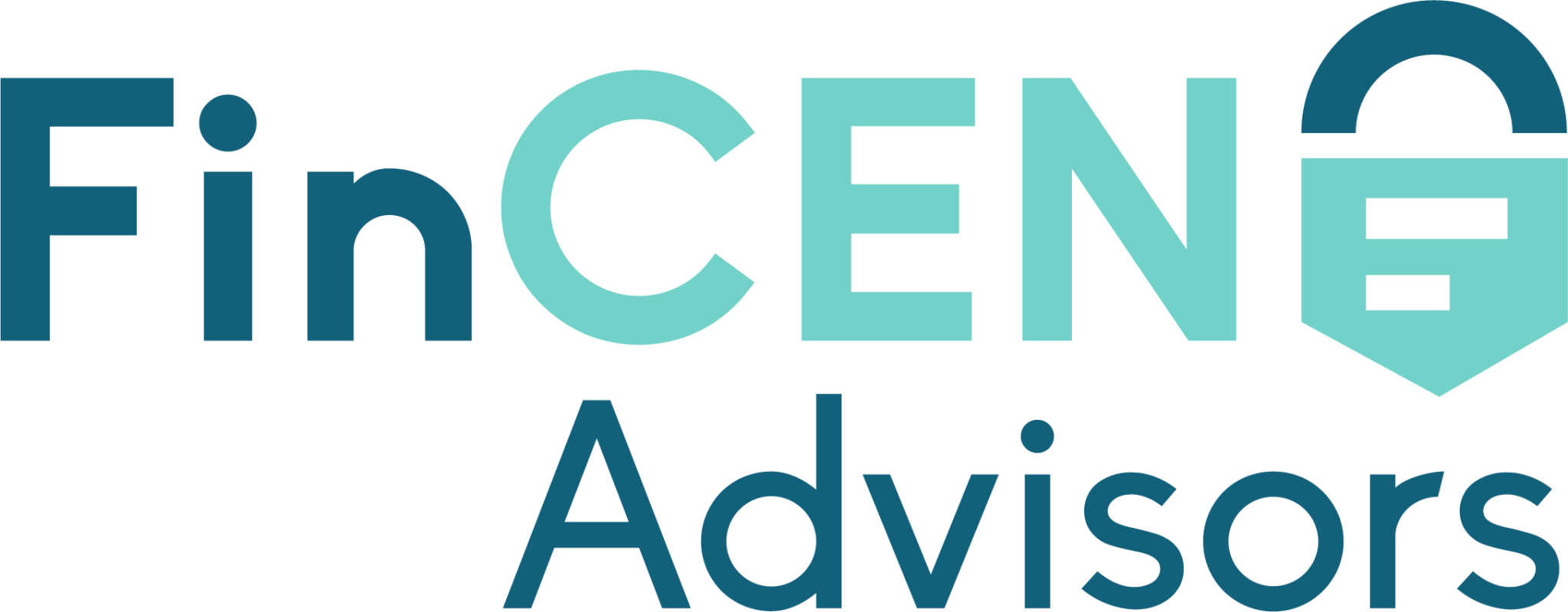FinCEN regularly updates its regulations that businesses of all sizes must follow. Learn how to stay ahead of changes and be proactive with FinCEN Advisors.
Key takeaways:
- FinCEN safeguards the entire financial system to mitigate and avoid illicit activities.
- Stay diligent about monitoring FinCEN for updates through FinCEN Advisors’ updates.
- Analyze the impact of each change on your unique business.
- Create a flexible, agile compliance strategy that can respond to swift changes.
Business regulations always seem to be changing. Those issued by the Financial Crimes Enforcement Network (FinCEN) are no different, and businesses must keep up with what’s changing.
FinCEN, part of the U.S. Department of Treasury, continually adapts its regulations to counter emerging threats related to illicit financial activities. Staying compliant with these shifts helps businesses avoid risks and penalties while maintaining the integrity of their financial operations.
However, the evolving nature of these regulations presents a challenge for businesses, especially smaller ones. They have limited resources compared to big enterprises and may find it particularly challenging to keep pace.
What can you do to be proactive about FinCEN changes? Here are a few simple best practices.
Understand FinCEN’s role and scope
Let’s discuss what FinCEN does and where it fits into the greater regulatory arena. FinCEN is primarily responsible for safeguarding the financial system from illicit activities such as money laundering, terrorist financing, and other financial crimes.
FinCEN achieves this by collecting, analyzing, and delivering financial intelligence to support law enforcement and other regulatory agencies. Companies across the country are required to comply with FinCEN regulations to ensure transparency, deter financial crimes, and maintain the integrity of the entire financial system.
One of the key areas FinCEN focuses on is the enforcement of anti-money laundering (AML) regulations, which mandate that businesses implement measures to detect and prevent money laundering activities within their operations. FinCEN also issues regulations related to suspicious transactions, requiring financial institutions and certain other businesses to report any transactions that raise concerns.
FinCEN regulations recently extended to beneficial ownership. Many companies now have to disclose information about the individuals who own or control them to the government.
These additional reporting requirements began at the beginning of 2024, impacting most corporations, limited liability companies (LLCs), and other businesses that must register with the secretary of state. Many nonprofits and financial institutions are exempt. Reporting this information to FinCEN as soon as possible is important to ensure compliance.
Monitor for updates and stay informed
An important step for any business to take is to always stay informed about alterations to existing laws, like the Corporate Transparency Act, which created new beneficial ownership reporting requirements. Stay connected to FinCEN Advisors and our regularly updated resources for timely notifications about regulatory changes, enforcement actions, and other pertinent information.
Consider joining relevant industry groups or associations that facilitate discussions on the latest developments. You can then stay ahead of changes and gain practical insights into how other businesses are navigating the evolving FinCEN landscape.
Creating an internal compliance team or officer is also a good idea. This ensures a focused and systematic approach. This individual or team should deeply understand FinCEN regulations, industry-specific compliance requirements, and the implications of regulatory changes on your business.
Analyze the impact of regulatory changes
Continued FinCEN compliance is made easier when you can analyze the impact of regulations on your internal operations. Thoroughly review all details of the new regulations to identify specific requirements that directly affect you. Assess potential impact areas, such as changes in reporting obligations, customer due diligence procedures, or recordkeeping requirements. Consider engaging legal and compliance experts to better understand the implications, and use the FinCEN Advisors platform for greater knowledge, more frequent updates, and better compliance management.
Also, consider the associated compliance costs. Estimate the financial resources required to implement the necessary changes, including technology upgrades, additional staff training, and any potential fees or fines for noncompliance. Identify potential disruptions to your workflow and outline strategies to minimize any effects on productivity.
Additionally, assess the training needs of your staff to ensure they are well informed and equipped to adhere to the new regulations. Develop a comprehensive training program covering the specifics of the regulatory changes, emphasizing the importance of compliance, and providing practical guidance on the updated procedures.
Ensure your compliance strategy is adaptable
Your FinCEN compliance strategy needs to be flexible and responsive. Your internal team can follow FinCEN updates from FinCEN Advisors and be prepared to deal with new standards. Embrace technological solutions that enable real-time tracking of regulatory updates, ensuring that your business is promptly informed of any modifications.
Also, implement a regular review process for your existing compliance strategy, focusing on its adaptability to changes and updates. Foster open lines of communication within the organization, encouraging employees to report potential compliance issues or areas that may need adjustment in light of new regulations.
Another way to stay agile is to conduct mock audits or simulations to test the responsiveness of your compliance strategy under different regulatory scenarios, enabling your team to identify weaknesses and refine the strategy accordingly. Similarly, scenario planning involves envisioning various potential regulatory scenarios and developing strategies to address each one. This allows your business to be well-prepared for various possibilities, reducing the likelihood of being caught off guard by unexpected changes.
Keeping up with FinCEN’s regulatory changes for ongoing compliance
Your business can’t risk being non-compliant. You never want to deal with legal repercussions, penalties, or fees that come with failing to comply with business laws.
Regulations that impact businesses only continue to adapt to trends, and it’s crucial to stay updated on incoming regulations and effectively implement changes to ensure ongoing compliance. It all starts with being proactive in how you manage FinCEN regulatory changes.
FinCEN’s new beneficial ownership regulations may impact your business. FinCEN Advisors is your trusted partner in keeping up with law and guideline changes. Follow our updates for the latest news and implications of changes.
Contact FinCEN Advisors today to learn how our software can support your ongoing FinCEN compliance needs.











